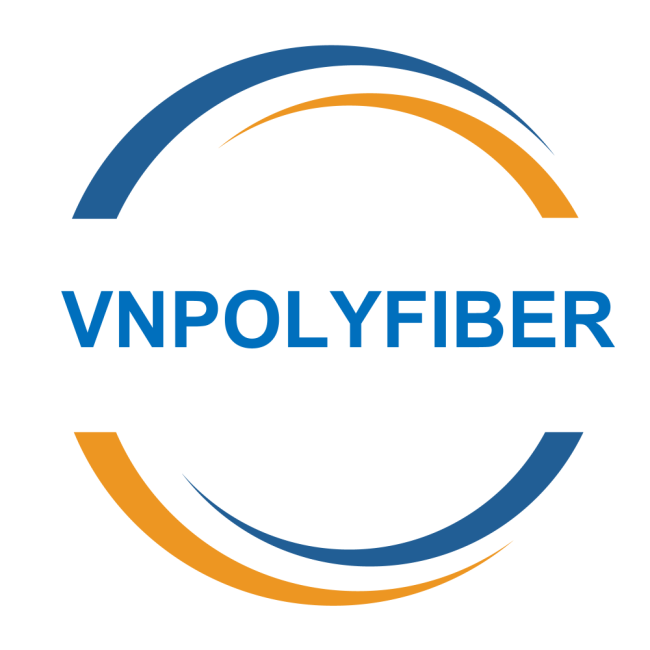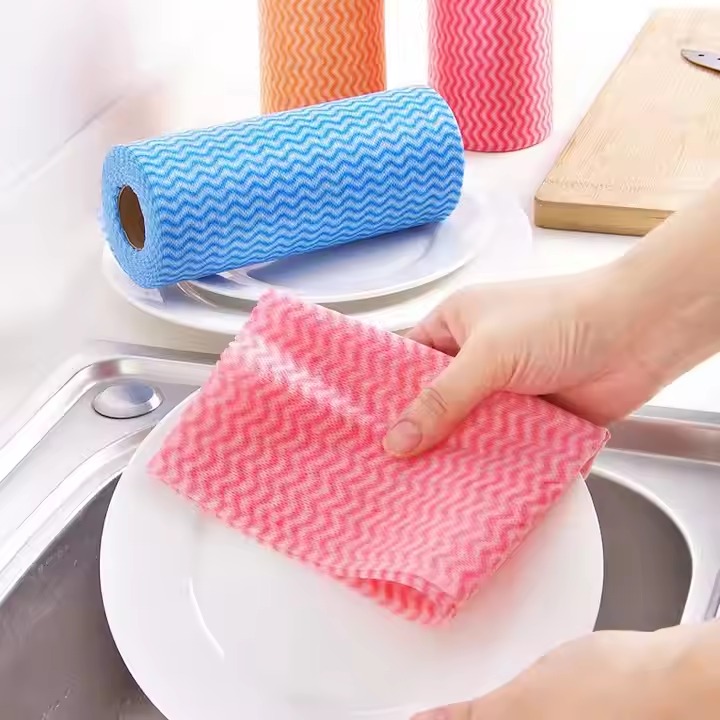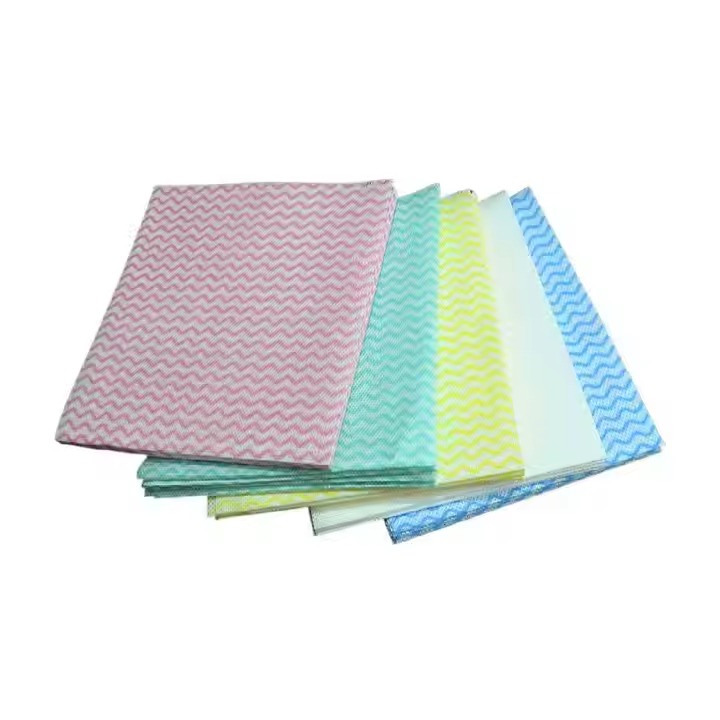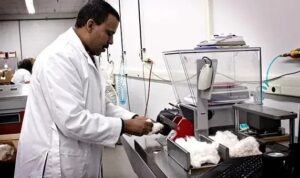Disposable Cleaning Towels: Redefining Hygiene Standards Across Industries
Disposable cleaning towels—also known as single-use cleaning cloths—are transforming hygiene practices across healthcare, hospitality, food service, and industrial sectors. Designed for convenience and safety, these towels are made from soft, absorbent, and durable materials that make them effective for both light and heavy-duty cleaning tasks. Their growing popularity reflects a shift toward solutions that combine hygiene assurance, operational efficiency, and sustainability.
Key Advantages of Disposable Cleaning Towels
The biggest advantage of single-use cleaning towels is their ability to prevent cross-contamination. Traditional cloth rags and reusable towels can harbor bacteria even after washing, creating hygiene risks. Disposable towels, by contrast, provide a fresh, sterile option every time—crucial for industries like healthcare and food processing.
These towels are also highly absorbent and durable, thanks to advanced nonwoven fabrics. They quickly soak up liquids, oils, and stains without tearing, making them practical for both household cleaning and industrial wiping tasks. Unlike paper towels, they leave behind little to no lint, ensuring scratch-free cleaning on sensitive surfaces such as glass, countertops, and stainless steel.
From an efficiency standpoint, disposable cleaning cloths require no laundering, disinfection, or chemical treatment. This not only saves labor and water costs but also reduces reliance on harsh detergents, supporting cleaner and greener operations.
Versatility Across Multiple Industries
Disposable cleaning towels are widely adopted across various industries, each benefiting in unique ways:
Healthcare: Hospitals and clinics rely on disposable microfiber cleaning cloths to reduce the risk of healthcare-associated infections (HAIs). Their low-lint and sterile properties make them ideal for critical environments like operating rooms and surgical suites.
Food Service and Catering: Restaurants use disposable towels to clean kitchen surfaces, wipe tables, and maintain high hygiene standards, minimizing foodborne risks.
Industrial and Automotive: Heavy-duty disposable towels are essential for wiping machinery, absorbing solvents, and cleaning production lines. Products such as double recreped (DRC) wipers, made from hydro-entangled fibers, offer excellent absorbency and solvent resistance, outperforming cotton rags and paper alternatives.
Hospitality: Hotels are increasingly integrating disposable cleaning towels into their sanitation protocols. In 2025, more than 62% of global hotel chains adopted disposable towels as a cleaning standard—almost triple the rate in 2020—reflecting heightened hygiene expectations post-pandemic.
Innovation and Sustainability in Disposable Cleaning Towels
While disposable products often face criticism for environmental impact, the industry is actively moving toward eco-friendly disposable wipes through innovation:
Sustainable Materials: Biodegradable fibers such as bamboo, corn, and plant-based composites are replacing conventional synthetics. Some towels now decompose fully within 45 days under industrial composting.
Eco-Friendly Manufacturing: Advanced processes like water-based nonwoven technology reduce raw material use by 30% while increasing strength by 50%. Several manufacturers have also launched carbon-neutral series, aligning with global ESG standards.
Functional Upgrades: Some disposable towels now include antibacterial and mildew-resistant properties, extending usability and reducing waste. Others are designed with multi-functional patterns—mesh for scrubbing, pearl for softness—to meet varied cleaning needs.
At the same time, the industry is promoting green consumer behavior through education campaigns, recycling initiatives, and transparent labeling to help businesses and households make environmentally responsible choices.
Hotel Hygiene: A Case Study in Transformation
The hospitality industry illustrates how disposable cleaning cloths are redefining hygiene standards. According to CDC comparative studies, bacterial residue on hotel room surfaces is reduced by more than 90% when disposable towels are used instead of reusable rags. New antibacterial versions, enhanced with silver ion treatments, can eliminate 99.9% of common bacteria like E. coli within 30 seconds.
Hotels also benefit from significant operational efficiency. International hotel groups report that cleaning times per room are shortened by 8–12 minutes with disposable towels, thanks to their no-wash, no-disinfect, instant-replacement design. Some hotels adopt color-coded disposable towels for specific cleaning zones (bathrooms, glass, furniture), reducing staff training time by 40% and minimizing cross-contamination.
From a cost perspective, while disposable towels increase material expenditure, savings in laundry, disinfectants, and labor reduce overall operating costs by 15–20%. On average, hotels recover their investment within six months.
Cost-Effectiveness and Market Growth
The economics of disposable cleaning towels are best measured through lifecycle costs. For example, a 200-room hotel spends about USD 95,000 annually maintaining cotton rags (purchase, laundry, replacement). By switching to disposable towels, total costs drop to about USD 65,700—a savings of over 30%. Even high-end hotels that spend slightly more per year with disposables enjoy strong ROI by boosting guest satisfaction and health credibility.
Globally, the market for hotel disposable cleaning towels is forecast to exceed USD 2.5 billion by 2027, with annual compound growth above 12%. Growth is fueled by trends such as intelligent packaging (real-time usage tracking), functional segmentation (disinfection-specific, glass-cleaning, polishing), and regional customization for cultural and regulatory preferences.
Future Outlook
The future of disposable cleaning towels lies in balancing hygiene, efficiency, and sustainability. As material science advances and eco-friendly solutions scale up, single-use towels will continue to evolve from a convenient option into a strategic hygiene solution.
Healthcare facilities, hotels, food processors, and industrial companies adopting these products are not only improving sanitation but also enhancing brand reputation and customer trust. In an era where hygiene and safety have become central to competitiveness, disposable cleaning towels are no longer optional—they are setting new global standards for cleanliness and efficiency.






